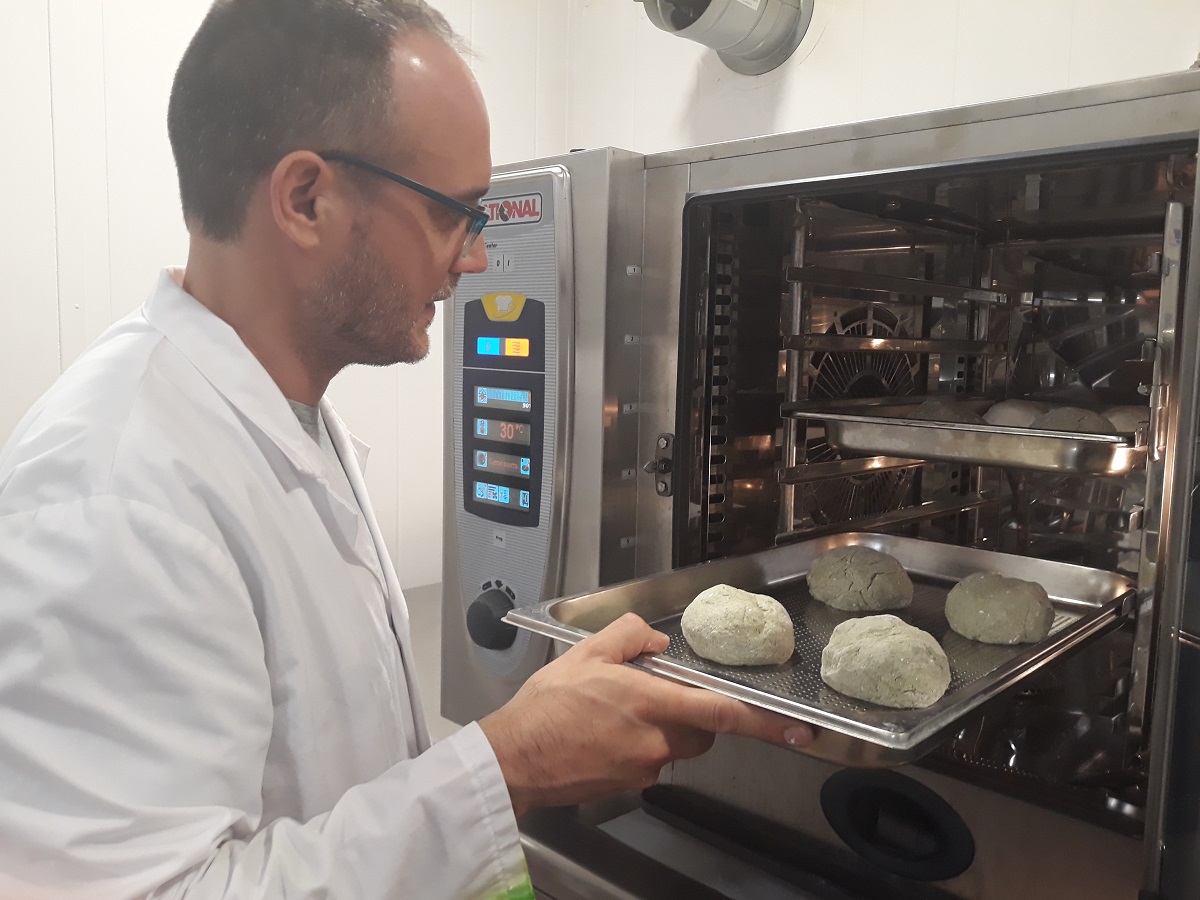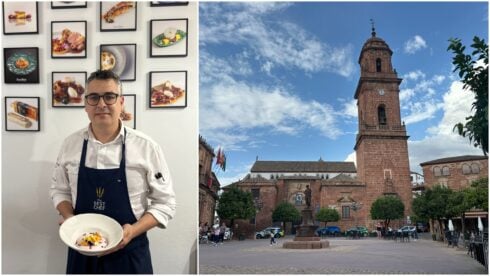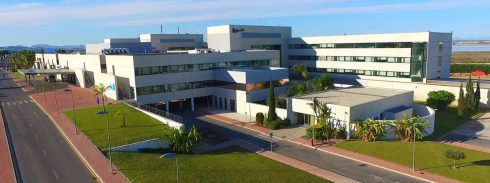A TEAM of scientists in Valencia have designed a new type of gluten-free bread enriched with seaweed and said to have a longer shelf life than other brands.
According to technological investigation institute Ainia, gluten-free bakery products usually suffer from nutritional deficiencies, unappetising texture and colour, short use-by dates, less choice for consumers, higher cost, and manufacturing difficulties.
This problem is said to directly affect nearly 450,000 celiac people in Spain.
But investigators at the Valencia centre this week unveiled a new recipe set to solve these problems and improve the product in the process.
The feat has been achieved by adding a type of edible seaweed named Alaria esculenta, also known as dabberlocks, badderlocks or winged kelp.

Ainia highlight the many properties of the algae, including a high content of minerals, vitamins, protein, fibre and non-digestible carbohydrates, plus being low in lipids.
The Valencian experiment was part of a European project named ProSeafood, aimed at boosting the treatment and use of brown algae to manufacture healthy and sustainable food products.
Brown seaweed is widely used in Eastern cooking, and is said to be easy and cheap to grow and produce, as well as environmentally sustainable, which could open new doors in Western food production.
Spain, through the Valencian foundation, is a member of an investigation consortium that also features Norway, Sweden and Iceland.
READ MORE:
- MORE THAN WE CAN CHEW: Experts warn of threats to food safety caused by climate change
- FAT FIGHTERS: EU enforces limit on artificial trans fats in food products
- Spain’s Malaga home to world’s most expensive loaf of bread, yours for just €1500 a loaf
Click here to read more Food & Drink News from The Olive Press.








